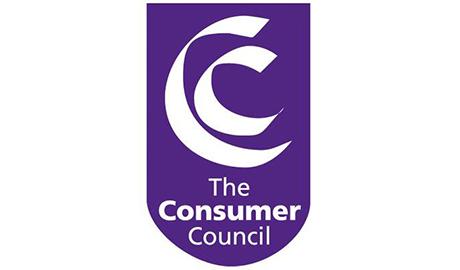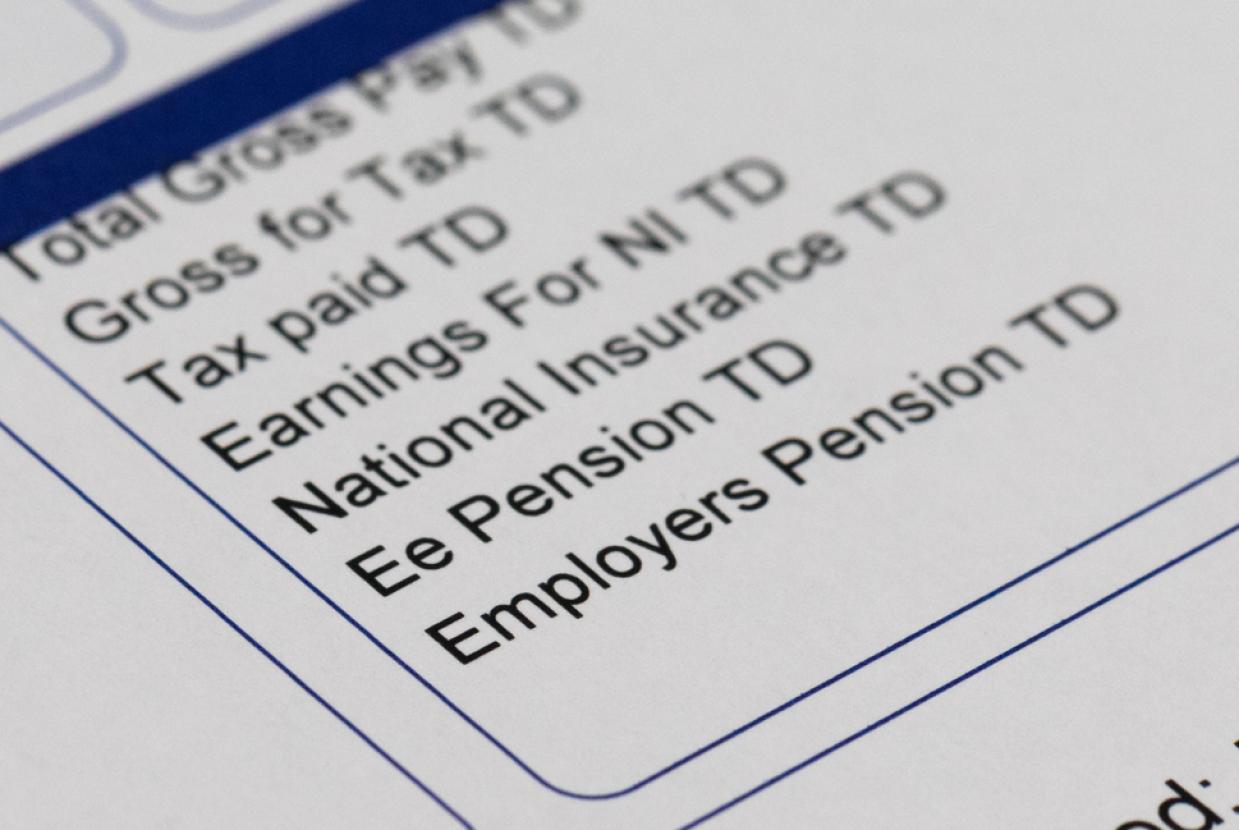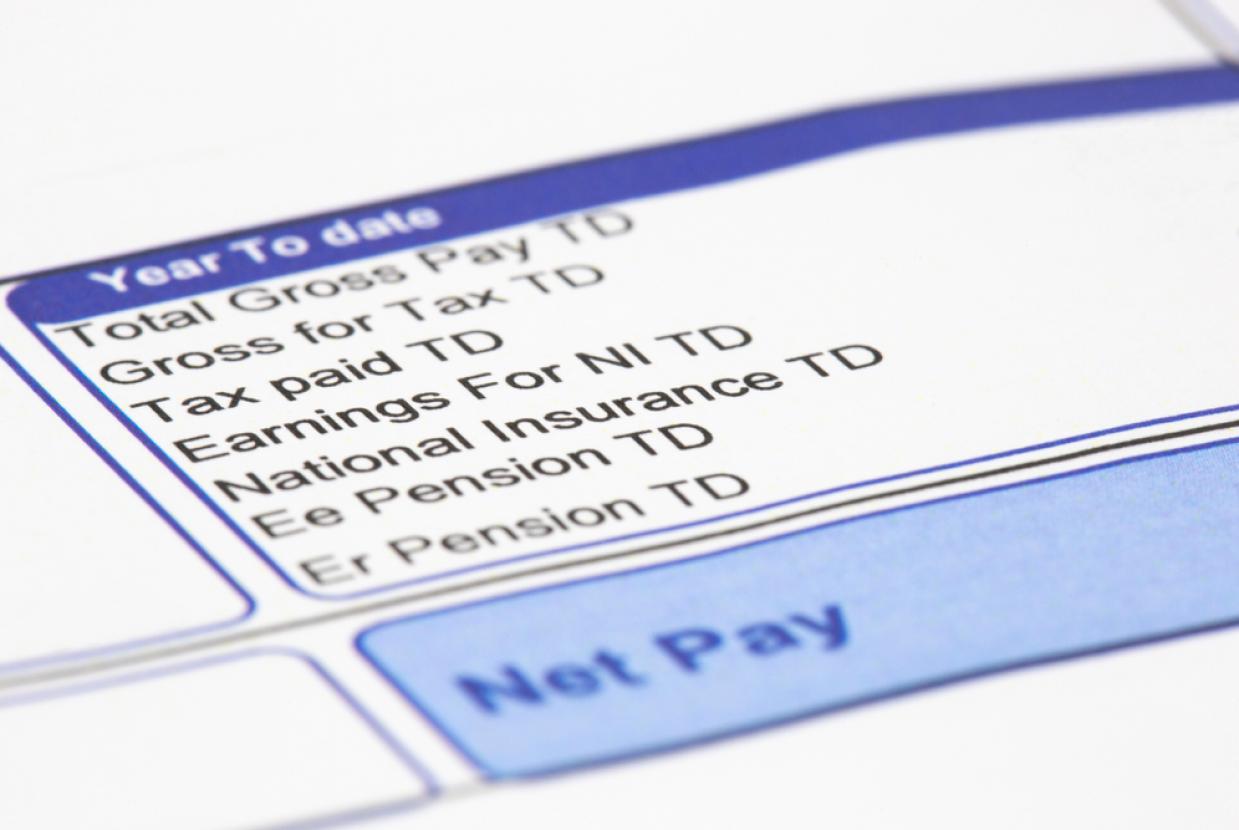The SCAM Test
Financial HealthUse these four steps to stay ahead of scammers.
Seems too good to be true?
- If the price seems too good to be true, it probably is.
- If you have not entered a competition you cannot win it.
Contacted out of the blue?
- You should be suspicious if you have been contacted out of the blue and asked for personal or payment details.
- Legitimate organisations will unlikely contact you and ask for these details if you are not expecting it.
Asked for personal details?
- Be wary if you are asked to provide personal details to an unknown source via online, phone, text, email, post or doorstep.
- Scammers often create a sense of urgency around you providing your details and try and rush you into making a decision. Do not feel pressured into responding.
Money is requested?
- Be wary if you are contacted out of the blue and asked to make payment of any kind.
Email and text message scams
What is this type of scam?
Phishing emails and text messages are used by scammers to get your personal details. The email might ask you to click a link to visit a website. The email address and content can also look like it is from a real company.
How to protect yourself from this type of scam
- Never reply to this type of email with information such as your bank sort code, account number or password.
- Do not click on links in an email or text message if you are suspicious of the sender.
- Check if the greeting is personal - does it include your first and last name? If not this is a sign it is probably a scam.
- Often emails from fraudsters will say 'Hi', 'Greetings'.
- Watch out for spelling and grammar mistakes as this is often a sign of a scam.
Phone scams
What is this type of scam?
This is when fraudsters cold-call you and make you believe you are speaking to a member of staff from a trusted organisation such as the bank or a government department. They may try and persuade you into thinking you have been a victim of fraud and ask you share personal and banking details.
Scammers can also make the caller display on your phone show an official telephone number, this is known as 'number spoofing'. This can make you think the call is from a real organisation, like, your bank, utility company or HMRC.
How to protect yourself from this type of scam
- Never give out your personal and banking information if you are unsure of the sender.
- If you are in doubt, hang up the call and call the organisation directly using the contact details on their website.
- If possible, call the organisation back from a different telephone as scammers can stay on the line without you knowing.
- If it is not possible, wait a short while before returning the call.
Online scams
What is this type of scam?
This type of scam can include romance scams, holiday scams, ticketing scams and copycat websites. Scammers use online marketplaces and social media to target sell you fake goods or goods that do not exist.
How to protect yourself from this type of scam
- Check the web address of the website you are being directed to. Most shopping websites end with ‘.co.uk’ or ‘.com’. Official UK Government or public body websites end with 'gov.uk' and 'org.uk'
- Is the advert offering expensive items at a low price? Stop and think – is this too good to be true?
- Check if the web address has ‘https’ and a padlock icon in the browser bar. The ‘s’ stands for secure and together with the padlock are an indication the website is safe.
- Never make payment for goods by bank transfer. When paying by credit or debit card you have some rights to get your money back.
- Do your research before buying from a website you have not used before. Read reviews of items and previous customer feedback.
- Never use public Wi-Fi to access your personal information. This is an easy way for scammers to get hold of your details.








































